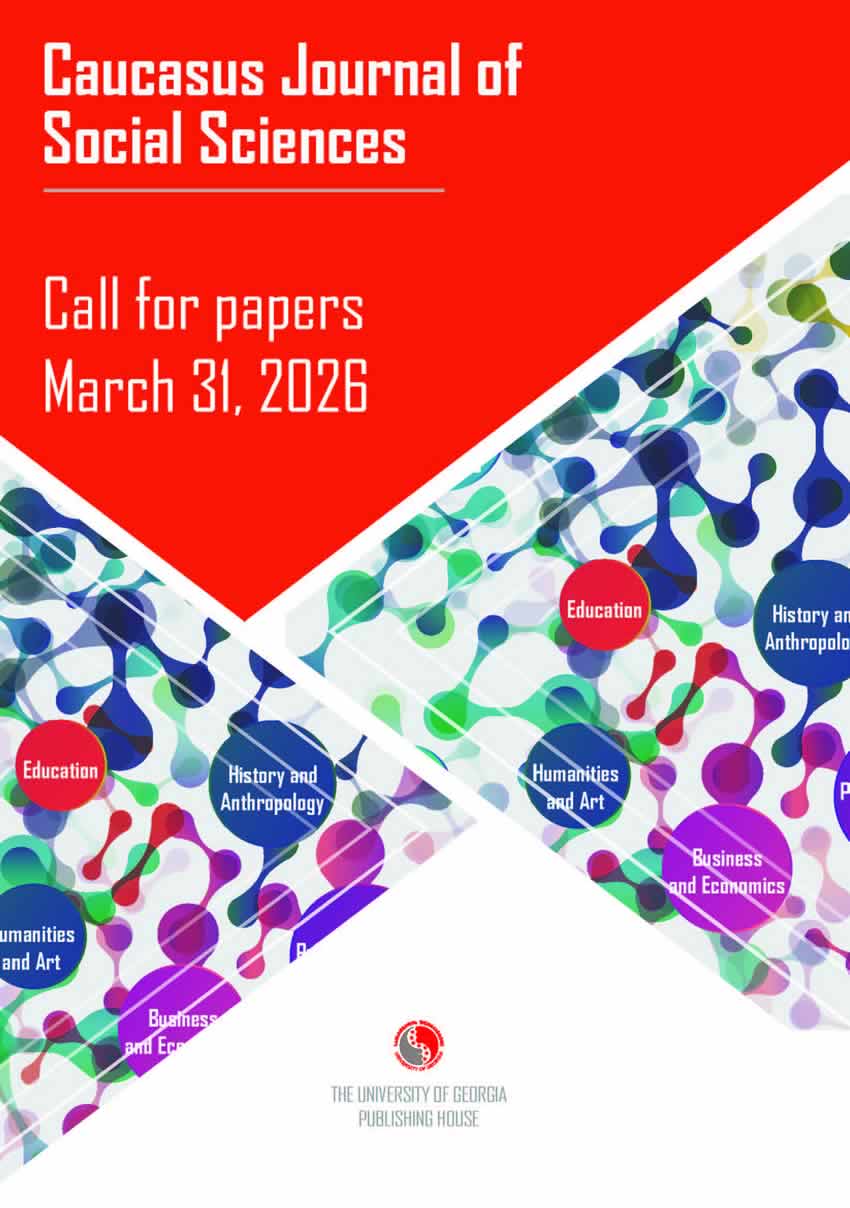New Research in Forecasting
DOI:
https://doi.org/10.62343/cjss.2009.16Keywords:
Georgia Forecast, University of Georgia Forecasting Center, Statistical techniques, Judgmental techniques, Tourism forecasting, Game theory, Scenario scriptingAbstract
All institutions in Georgia are changing. Decision-makers in Government agencies and private organizations need the best available data and analyses to meet the challenges of changing times. Evidence-based forecasting can help officials to predict the likely outcomes of their decisions. This paper reports on work being done by THE GEORGIA FORECASTTM and The University of Georgia Forecasting Center to identify and apply modern methods to Georgia’s most pressing issues. These methods include statistical techniques, such as time series and regression, and judgmental adjustments, such as Delphi, surveys of consumers and producers, and scenario scripting. One recent application studied in this research project, forecasting tourism in Georgia, is an example of how modern methods may improve decision-making by those who make public policy, allocate resources, and make business decisions.
Statistical forecasting techniques assume that the near future will look substantially like the recent past. We can, therefore, use data from recent history to make predictions about the near future. The longer the horizon, the weaker the assumption. Two general classes of statistical forecasts are (1) Causal and (2) Non-Causal. The most common causal model is regression: the variable to be determined (Y) is related to one or more predictor variables (Xi). For example, the quantity demanded of a good (Qd) may be estimated from the price of that good (P) and other factors, such as income, relative prices of substitute and complementary goods, weather, etc. Time series models are non-causal. We may not know why a variable of interest rises or falls, but we can detect patterns from the recent past, such as trend, seasonality, and cycles. Judgmental methods assume some degree of knowledge that may not be
reflected in the statistics. These may include, among others, a Delphi panel of experts, survey of consumers and producers, game theory, and scenario scripting. Because of the high degree of uncertainty in the Georgian economic, political, and social environment, the use of one model is unlikely to yield reliable forecasts. Therefore, THE GEORGIA FORECASTTM and The University of Georgia
Forecasting Center use a combination of methods and continually evaluate the performance of their forecasts. This paper uses the case of forecasting tourism to demonstrate these techniques.
Downloads
Published
How to Cite
Issue
Section
License
Copyright (c) 2023 Edward Raupp, Nato Apkhazava

This work is licensed under a Creative Commons Attribution 4.0 International License.
In case an article is accepted for publication it is allowed to combine the article with other research, to conduct new research on the article, or to make different arrangements on condition that the same license is used including commercial purposes.
As an author of an article published in the Caucasus Journal of Social Sciences, you retain the copyright of your article and you are free to reproduce and disseminate your work.











